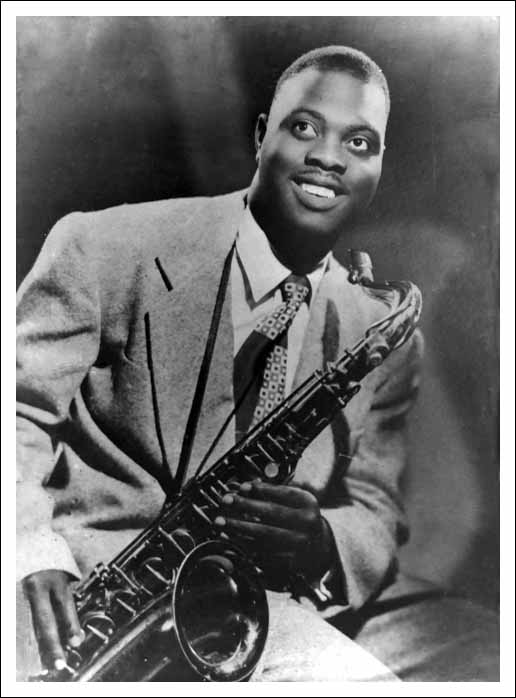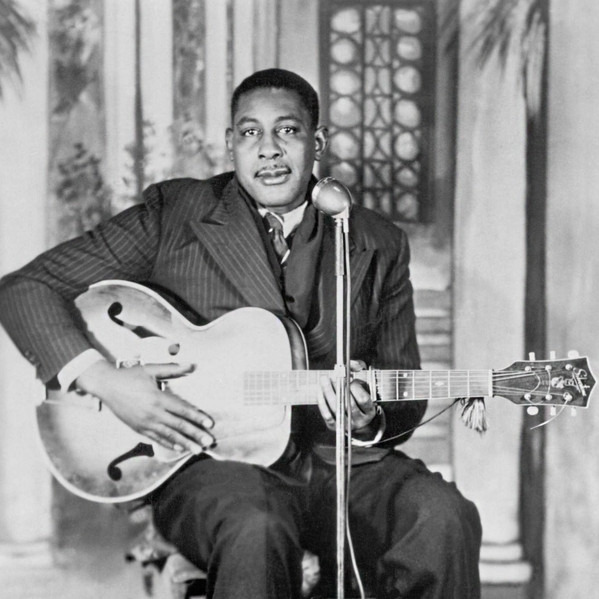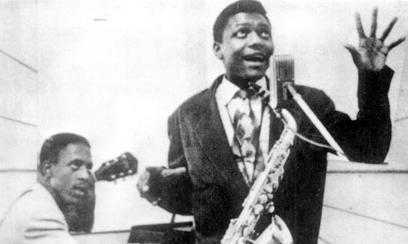Searching For The First Rock'n Roll Song
Rock and Roll had to start somewhere
5/4/20233 min read


Bill Moore was born in Detroit in 1918 and began playing the sax at an early age. After the Second World War he released a few albums with one small hit (1948) called “We’re Gonna Rock, We’re Gonna Roll”. This song still draws interest today because it was one of the first tunes to use of the words, Rock and Roll. Furthermore, it had a lively rhythm you could dance to. Take a listen and see what you think.
Rockin' and Rollin' in 1948
What Really Defines Rock and Roll

Ike Turner and Company Really Nail It

Big Bands struggled during the Great Depression and so they downsized, thus paving the way for Jump Blues, which featured smaller combos, often including a saxophonist and a trombone player along with the regular drums, guitars and keyboard.
The US headed into WWII, spirited on by the newly developed hot licks of these jazzy combos, but after the war, the music changed, as the musicians of the late forties, not only started to mention "rockin" in the lyrics, but also developed a upbeat new style that did quite well on the charts.
We Gonna Rock by "Wild Bill Moore"



"Wild Bill Moore"
Arthur "Big Boy" Crudup
"That's Alright" by Arthur "Big Boy" Crudup
Post WWII
Popular music did not really cease during the war, but once Japan surrendered, America really took off as a nation. Not only did this include a robust economy, but a lively music scene as well. One of the surprise hits came in 1946, when an unheralded R & B singer, living in Chicago wrote and recorded his first hit, "That's Alright".
The song was re-released as a "45" in 1949 with the title of "That's Alright, Mama". This time the tune did better. Then in 1954, it went ballistic, when Elvis Presley recorded the song. "The King" made millions, but not one penny of royalties made it back to the original songwriter, Arthur Crudup.
Listen closely to the "46" version and you will hear a simple, energetic chord progression played on a guitar that serves as a precursor for modern Rock'n Roll.
Not Just Another Song About an Automobile


Jackie Brentson (standing) and Ike Turner
Except for the fact that the song was named after a popular Oldsmobile engine, the history behind "Rocket 88" is rather complicated. We do know that the song was released in 1951 on a single by Jackie Brentson and the Delta Cats and that the song took off to number one on the R & B Billboard charts. In actuality, Jackie Brentson was a singer and saxaphone player for Ike Turner and the Kings of Rhythm. According to Ike, he himself wrote the music, while the lyrics evolved out of several earlier boogie tunes about cars. What shortly followed can be best described as the birth of Rock'n Roll.
Several months later, Bill Haley and the Saddlemen covered the song also to great success. And then the Rock hits flowed like a gushing oil well. Soon thereafter, Buddy Holly and the Crickets started recording and then Bill Haley and the Saddlemen became Bill Haley and the Comets. Now Rock'n Roll was in full swing, paving the way for stage acts like Little Richard, Elvis Presley, Chuck Berry, Bo Didley and Jerry Lee Lewis.
Ike Turner and the Kings of Rhythm in 2002
Honorable Mentions
While pin pointing the first Rock'n Roll tune, may be an impossible task, in may well be worth the effort to take a look at some other recordings, displaying an uncanny similarity to that wildly popular cultural phenomena, we now call Rock'n Roll. First up is a woman, Sister Rosetta Tharpe, a Gospel recording artist, who sang and played the electric guitar. In 1944, she recorded Strange Things Happening Every Day, a lively upbeat tune that had some uncanny similarities to the popular music genre that exploded ten years later.
Another popular black musician, Louis Jordan, thrived during the war years with his jazzy hits that greatly supported the military effort. Near the end of the war, he recorded, Caledonia, a song about a hard-headed woman that still gets covered today. Though well within the style of Jump Blues, this hit definitely has a rock'n roll feel to it.
Other tunes from the late forties that became popular rock covers include the already mentioned That's Alright Mama by Arthur Crudup, Move It On Over by Hank Williams, Good Rockin' Tonight by Roy Brown, Rock The Joint by Jimmy Preston and Saturday Night Fish Fry by Louis Jordan.

